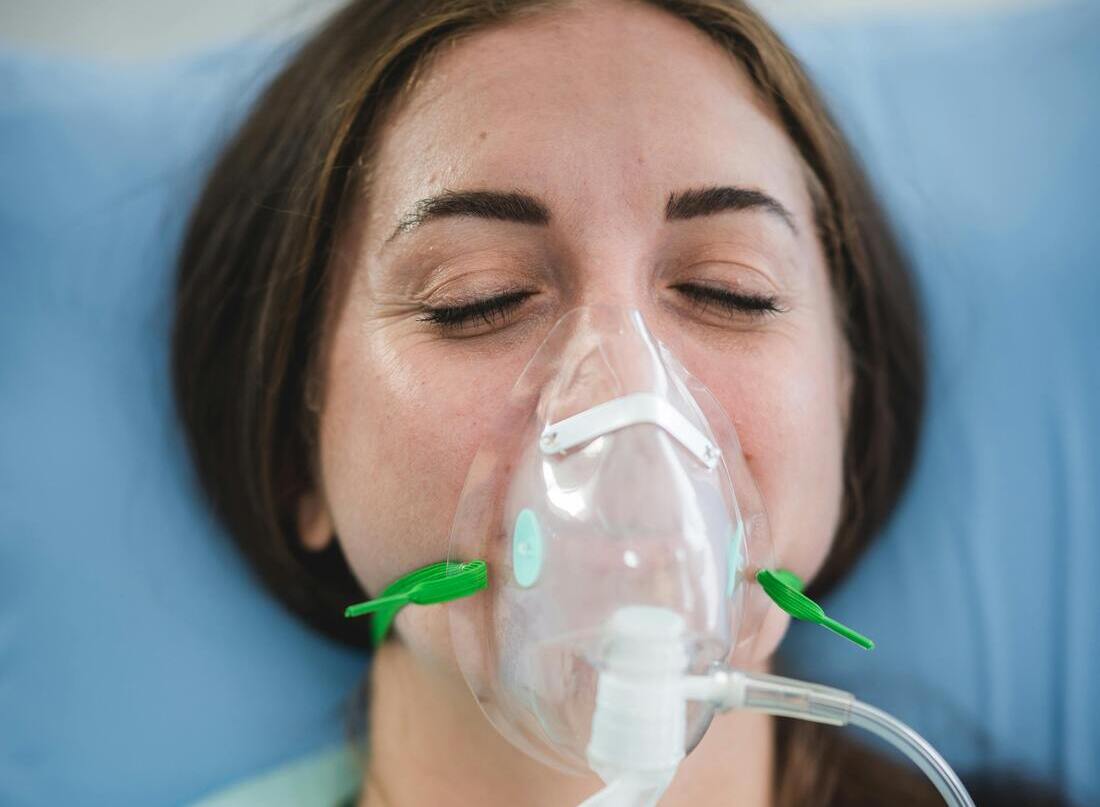Our lungs are the silent heroes of our bodies.
They work tirelessly day and night, taking in oxygen, the fuel for our cells, and expelling carbon dioxide, a waste product.
But just like any other organ, our lungs need care and attention to function optimally throughout our lives.

This blog serves as your essential guide to lung health.
We’ll delve into the importance of healthy lungs, explore common threats to their well-being, and equip you with actionable tips to keep them strong and healthy.
Why are Healthy Lungs Important?
Healthy lungs are vital for a healthy life.
They play a crucial role in:
- Gas Exchange: Lungs facilitate the transfer of oxygen from inhaled air into the bloodstream and the removal of carbon dioxide, a waste product, from the blood back into the air we exhale. This continuous gas exchange ensures our cells receive the oxygen they need to function and eliminate waste products.
- Maintaining Blood pH: Healthy lungs help regulate the body’s pH level by removing carbon dioxide, which can cause acidosis (acid build-up) if not properly eliminated.
- Supporting the Immune System: Lungs act as the body’s first line of defense against airborne pathogens. They have built-in mechanisms like mucus and cilia (hair-like structures) to trap and expel inhaled irritants and microbes.
Threats to Lung Health

Several factors can compromise lung health and lead to respiratory problems.
Here are some of the most common:
- Smoking: Smoking tobacco is the leading cause of preventable lung disease, including chronic obstructive pulmonary disease (COPD) and lung cancer. Smoking damages the delicate air sacs in the lungs, making it difficult to breathe and leading to a chronic inflammatory response.
- Air Pollution: Exposure to air pollution, both indoor and outdoor, can irritate the lungs and contribute to respiratory problems like asthma and chronic bronchitis. Pollutants like particulate matter, ozone, and secondhand smoke can damage lung tissue and hinder lung function.
- Occupational Hazards: Certain occupations expose workers to dust, fumes, and chemicals that can irritate and damage the lungs. Examples include miners, construction workers, and factory workers.
- Respiratory Infections: Viral and bacterial infections can inflame the airways and lungs, leading to conditions like bronchitis and pneumonia. While most infections resolve on their own, some can lead to serious complications.
- Genetic Predisposition: Certain genetic conditions, like cystic fibrosis, can affect lung function and development.
Keeping Your Lungs Healthy: Actionable Tips

The good news is that there are many things you can do to protect your lungs and promote lung health:
- Quit Smoking: This is the single most important step you can take to improve your lung health. Quitting smoking at any age can significantly reduce your risk of lung disease and improve your overall health.
- Avoid Secondhand Smoke: Exposure to secondhand smoke is just as harmful as smoking itself. Avoid spending time in environments where people are smoking and encourage others to quit around you.
- Improve Indoor Air Quality: Take steps to improve the air quality in your home by reducing dust, allergens, and pollutants. Regularly vacuum and dust, use air purifiers, and ensure proper ventilation.
- Reduce Outdoor Air Pollution Exposure: Limit your time spent outdoors when air quality is poor. Stay informed about air quality levels in your area and consider using air purifiers indoors during periods of high pollution.
- Exercise Regularly: Regular physical activity strengthens your heart and lungs. Aim for at least 30 minutes of moderate-intensity exercise most days of the week.
- Eat a Healthy Diet: A diet rich in fruits, vegetables, and whole grains provides your body with the nutrients it needs to support healthy lung function.
- Practice Deep Breathing: Taking slow, deep breaths can help improve lung capacity and relaxation. There are various breathing exercises you can learn, such as diaphragmatic breathing.
- Get Vaccinated: Vaccinations like the flu shot and pneumonia vaccine can help protect you from respiratory infections that can damage your lungs.
- Manage Existing Conditions: If you have a chronic lung condition like asthma, COPD, or cystic fibrosis, work with your doctor to manage it effectively.
Key Takeaways
- Healthy lungs are essential for optimal health and well-being.
- Smoking, air pollution, and respiratory infections are major threats to lung health.
- Quitting smoking, improving air quality, exercising regularly, and eating a healthy diet are crucial for promoting lung health.
- Deep breathing exercises and vaccinations can further support lung health.
Building a Culture of Lung Health
Taking care of your lungs is an ongoing process.
By incorporating these tips into your daily routine, you can significantly improve and maintain your lung health throughout your life.
Remember, lung health is not just an individual responsibility.
It also requires a collective effort to create a healthier environment for everyone’s lungs.
Here are some ways we can build a culture of lung health:
- Advocate for Clean Air Policies: Support policies that regulate air pollution from vehicles, factories, and other sources.
- Promote Smoke-Free Environments: Encourage smoke-free policies in workplaces, public spaces, and even at home.
- Raise Awareness: Spread awareness about the importance of lung health and the dangers of smoking and air pollution.
- Invest in Research: Support research initiatives focused on preventing and treating lung diseases.
Living with Lung Disease

If you are living with a lung condition, there are resources available to support you.
Here are some helpful tips:
- Connect with a Support Group: Connecting with others who understand your challenges can be a source of encouragement and information.
- Manage Stress: Chronic stress can worsen respiratory symptoms. Practice relaxation techniques like yoga, meditation, or deep breathing.
- Get Enough Sleep: Adequate sleep is crucial for overall health, including lung function. Aim for 7-8 hours of sleep per night.
- Maintain a Healthy Weight: Being overweight or obese can put additional strain on your lungs. Maintaining a healthy weight can improve your breathing and overall health.
- Work with Your Healthcare Team: Regularly consult your doctor to monitor your condition and adjust your treatment plan as needed.
Conclusion

Our lungs are the foundation of our well-being.
By understanding the importance of lung health, the threats they face, and the steps we can take to protect them, we can empower ourselves and others to breathe easier and live healthier lives.
Remember, it’s never too late to take action.
Start incorporating these tips into your daily routine today and advocate for clean air and healthy practices in your community.
Together, we can build a future where strong, healthy lungs are the norm, not the exception.
Additional Resources
Disclaimer: The information in this blog is for educational purposes only and should not be construed as medical advice. Always consult with a healthcare professional before making any changes to your diet, exercise routine, or treatment plan.



